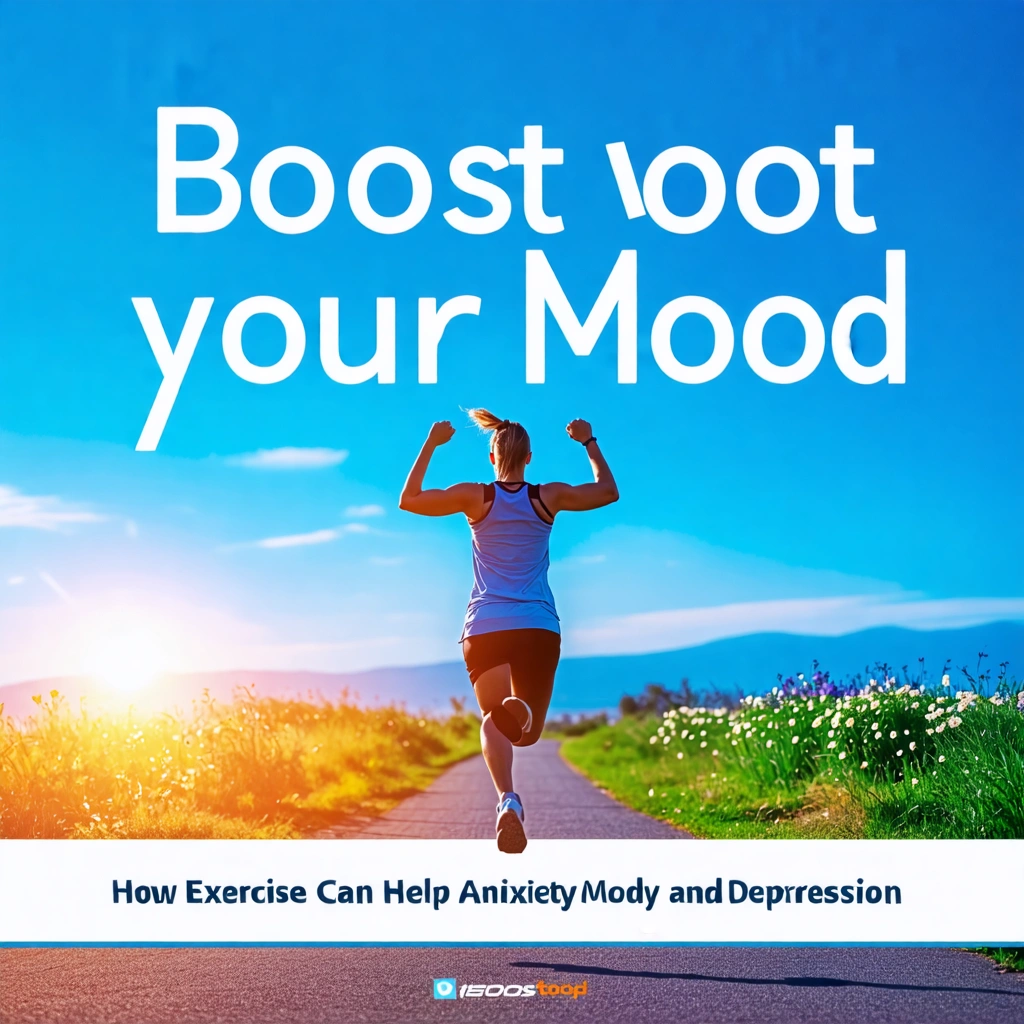
Boost Your Mood: How Exercise Can Help Manage Anxiety and Depression
Takeaways: Exercise is a powerful tool to combat anxiety and depression. It boosts endorphins, increases self-esteem, and provides a sense of accomplishment. Incorporating regular physical activity into your routine can lead to lasting improvements in your mental health.
Hey there! Let’s talk about something that’s been a game-changer for me: exercise. I know, I know, when you hear the word ‘exercise,’ it can feel like a chore, right? But hear me out! In my journey with anxiety and occasional bouts of depression, I’ve found that getting my body moving has been one of the most effective ways to boost my mood. If you’re feeling down or anxious, you might want to lace up those sneakers and join me on this adventure of discovering how exercise can help manage anxiety and depression.
The Science Behind Exercise and Mental Health
Let’s dive into the science, shall we? When you exercise, your body releases chemicals called endorphins. These little guys are often referred to as the ‘feel-good’ hormones. They interact with the receptors in your brain to reduce the perception of pain and trigger a positive feeling in the body. It’s like nature’s own high!
But wait, there’s more! Regular physical activity can also help reduce levels of the body’s stress hormones, such as adrenaline and cortisol. Imagine going through a tough day and then hitting the gym or taking a brisk walk. It’s like hitting the reset button on your mood. Studies have shown that individuals who engage in regular exercise report lower levels of anxiety and depression.
Personal Experience: My Journey with Exercise
Let me take you back to a time when I felt like I was stuck in a fog. Anxiety was creeping in, and I struggled to find joy in things I once loved. A friend suggested I try running. Honestly, I was skeptical. I thought, “How can running make me feel better?” But I was desperate for a change, so I gave it a shot.
To my surprise, after just a few weeks, I noticed a shift. When I finished a run, I felt lighter, almost euphoric. The worries that seemed so heavy before started to fade. And it wasn’t just about the endorphins; it was also about the routine. Setting aside time for myself to exercise became a form of self-care. I was taking charge of my life, and that alone felt empowering.
How to Get Started with Exercise
You might be wondering, “Okay, but how do I start?” Trust me, it doesn’t have to be complicated. Here are a few tips that worked for me:
- Start Small: You don’t need to run a marathon on your first day. Start with short walks or gentle yoga. Gradually increase the intensity as you become more comfortable.
- Find What You Love: Experiment with different activities. Whether it’s dancing, swimming, or hiking, finding something you enjoy will make it easier to stick with it.
- Set Realistic Goals: Establish achievable goals. Celebrate small victories, whether it’s completing a workout or simply showing up at the gym.
- Make it Social: Invite a friend to join you! Exercising with others can add an element of fun and accountability.
Remember, the key is consistency. Making exercise a regular part of your routine can have profound effects on your mood and overall mental health.
FAQs
Can I exercise if I’m not fit?

How often should I exercise to see benefits?
Even small amounts of exercise can help. Aim for at least 30 minutes of moderate activity most days of the week. Consistency is more important than intensity!
What type of exercise is best for anxiety and depression?
Any exercise is beneficial! Aerobic exercises like walking, running, cycling, and swimming are particularly effective, but strength training and yoga can also help.
Can I exercise if I’m feeling very low?
It can be tough, but even a short walk can help. Start with something manageable. The goal is to get moving, even if it’s just a little.
Is it necessary to join a gym?
Nope! You can exercise anywhere. Home workouts, outdoor activities, or even a walk in your neighborhood can be just as effective.






